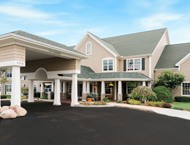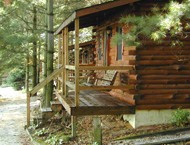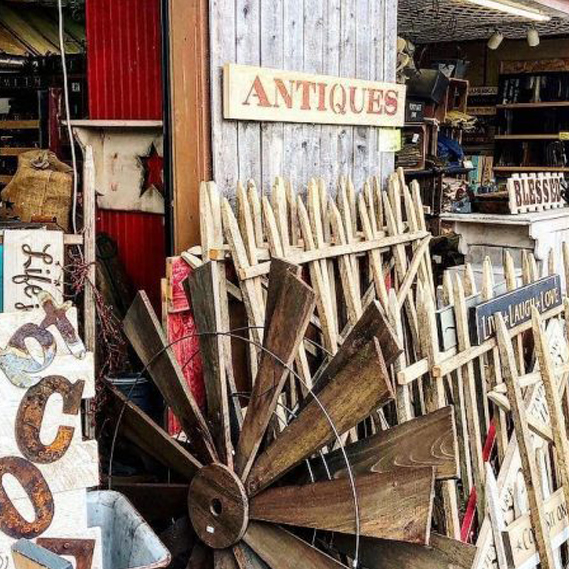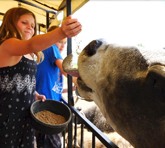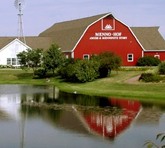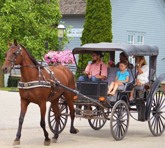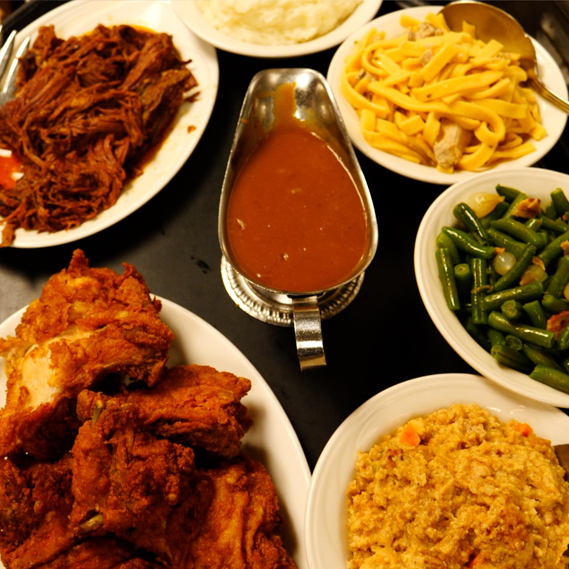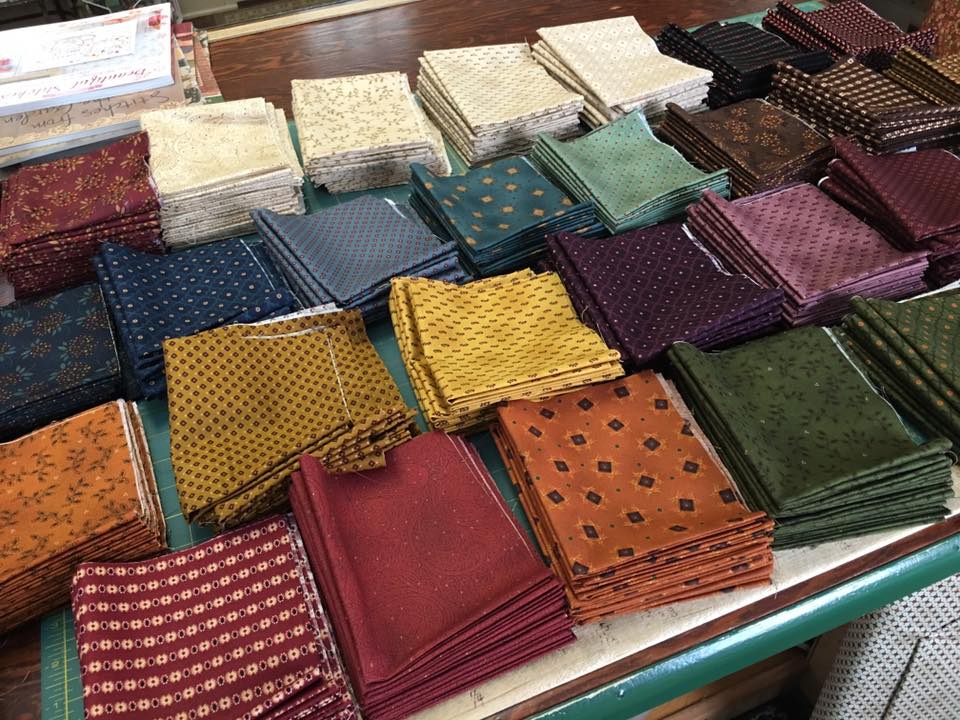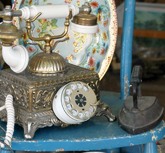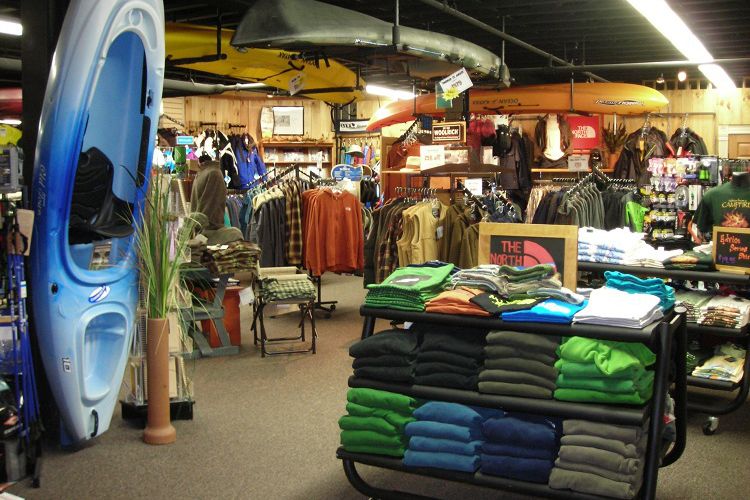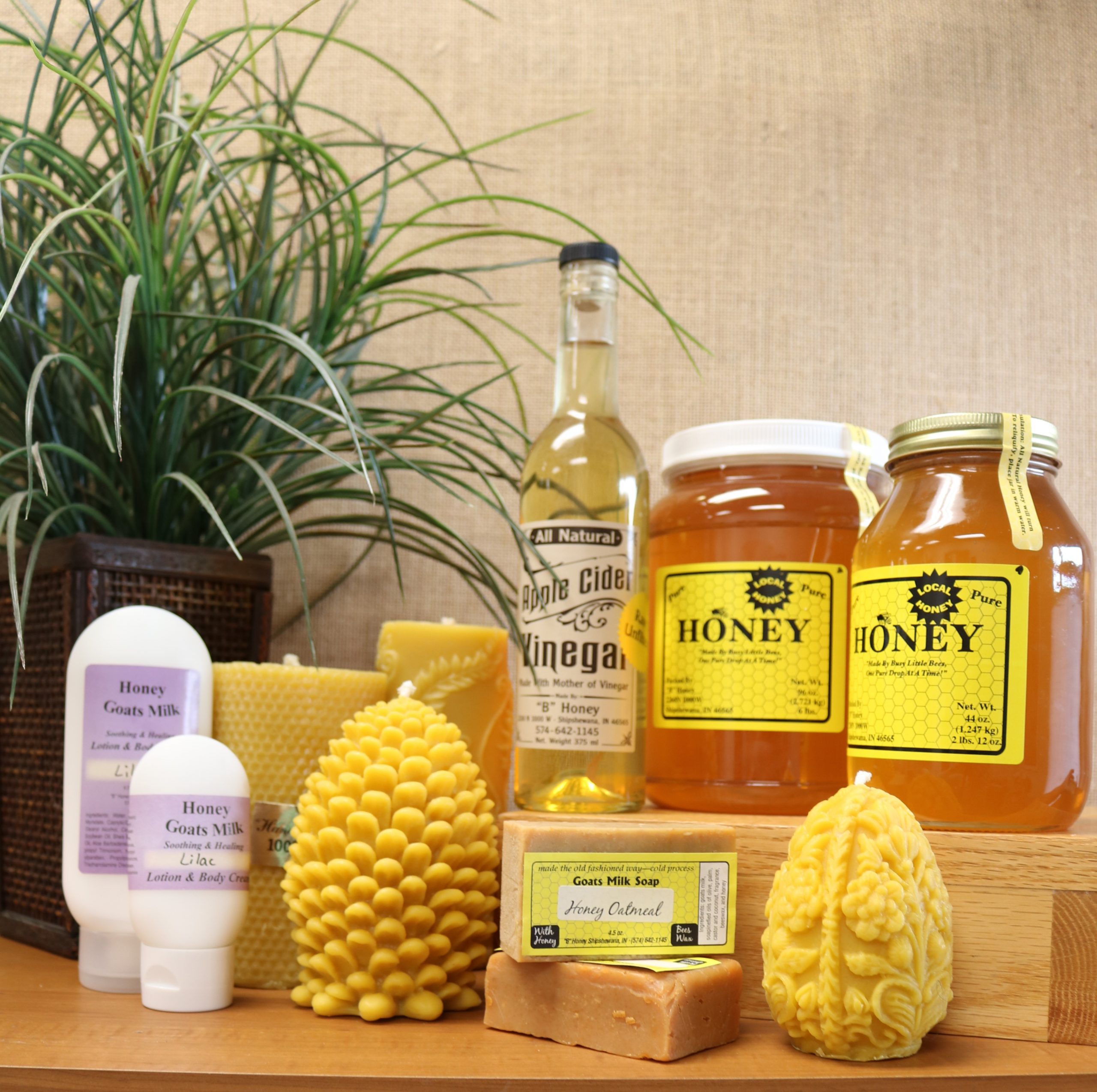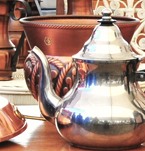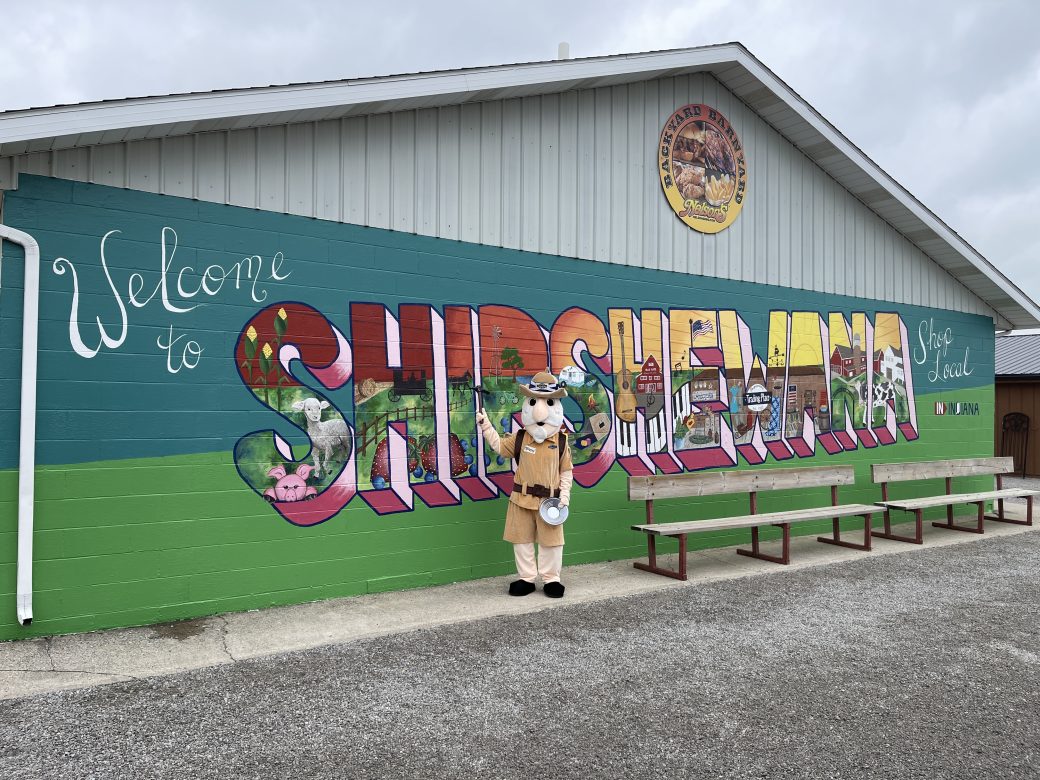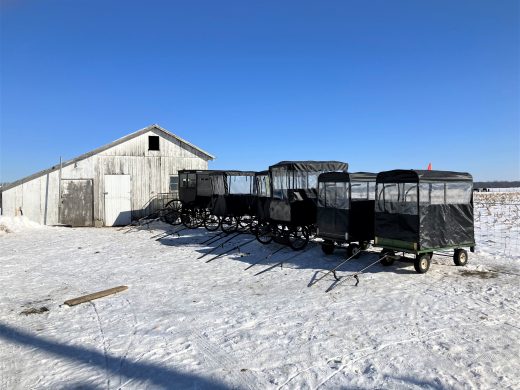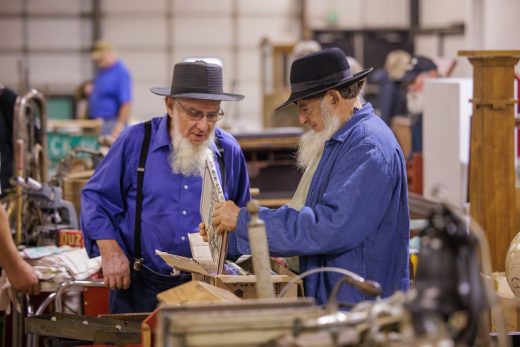 Amish Country is a treasure hunter’s paradise, full of vintage artifacts waiting to be reclaimed and given a new home. Shipshewana Trading Place specializes in such discoveries, a destination for modern-day fortune seekers to track down the valuables of a bygone era — a tradition that dates back more than a century beginning with a humble livestock auction.
Amish Country is a treasure hunter’s paradise, full of vintage artifacts waiting to be reclaimed and given a new home. Shipshewana Trading Place specializes in such discoveries, a destination for modern-day fortune seekers to track down the valuables of a bygone era — a tradition that dates back more than a century beginning with a humble livestock auction.
An Early Bid for Community
Beginning in 1922, the first Shipshewana Livestock Auction was organized when six pigs, seven cows, and several heads of young cattle were sold at the home of Shipshewana resident George Curtis. But as time went on, others saw this event as a sales opportunity — the genesis of the Shipshewana Trading Place flea market.
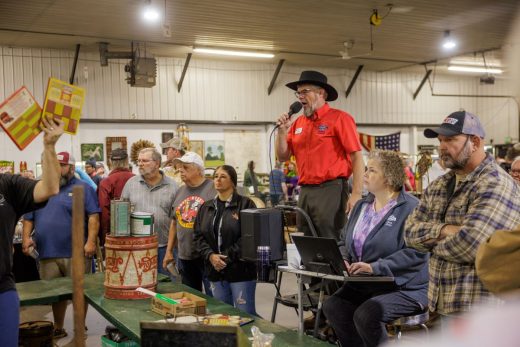
“Over the years, it just naturally and organically grew,” said Lora Gates, Director of Marketing & Customer Experience at Shipshewana Trading Place. “What started as the weekly Wednesday livestock sale naturally grew into people selling out of the trunks of their cars. As it continued to grow, it was handled on the grounds by the individual sellers.”
As the event grew, so did the facilities. Curtis himself built an auction barn on his property to accommodate the growing crowds. Beginning in 1930, his garage served as the original Auction Restaurant, during which restaurant managers — beginning with women from the local Methodist church before it was taken over by Milo and Ruth Miller in 1940 — would move Curtis’s car from the garage, sweep the floors, and add a gas stove and restaurant equipment to serve homemade, 20-cent hamburgers. A roof was built over the grassroots flea market in 1947, followed by a brand-new Auction Restaurant in 1950. After 46 years in business, the flea market ballooned to 400 vendors.
Growth Rooted in Tradition
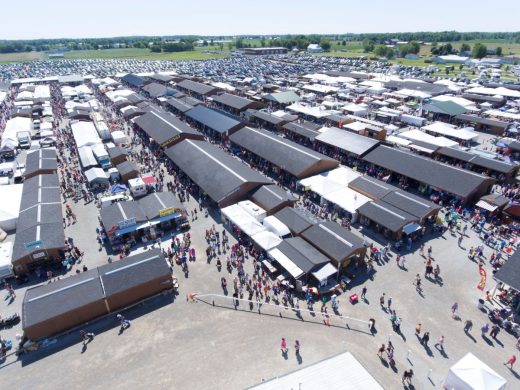 Toward the end of the 20th century, continued growth and growing tourism interest in Shipshewana — along with the local Amish culture — fueled even more growth, transforming the weekly gathering into a full-service destination. The 151-room Farmstead Inn opened in 1997, provides comfortable lodging for guests and vendors traveling from out of town, while the adjoining conference center — opened in 2003 — provides expansive space for a wide range of group events, from conferences and seminars to weddings. Despite this growth, Shipshewana Trading Place has remained true to its agricultural heritage. The Livestock Auction — the event that started it all — is still held every Wednesday year-round. Additionally, horse auctions are hosted on the grounds every Friday.
Toward the end of the 20th century, continued growth and growing tourism interest in Shipshewana — along with the local Amish culture — fueled even more growth, transforming the weekly gathering into a full-service destination. The 151-room Farmstead Inn opened in 1997, provides comfortable lodging for guests and vendors traveling from out of town, while the adjoining conference center — opened in 2003 — provides expansive space for a wide range of group events, from conferences and seminars to weddings. Despite this growth, Shipshewana Trading Place has remained true to its agricultural heritage. The Livestock Auction — the event that started it all — is still held every Wednesday year-round. Additionally, horse auctions are hosted on the grounds every Friday.
“The entrepreneurial opportunity provided to sellers in the auctions is the root of our business,” Gates said. “We pride ourselves in bringing buyers and sellers together, whether it be through the livestock auction, antique auction, or flea market providing a positive experience for both. That was the root of the business when it began and is still a big focus for our team today.”

